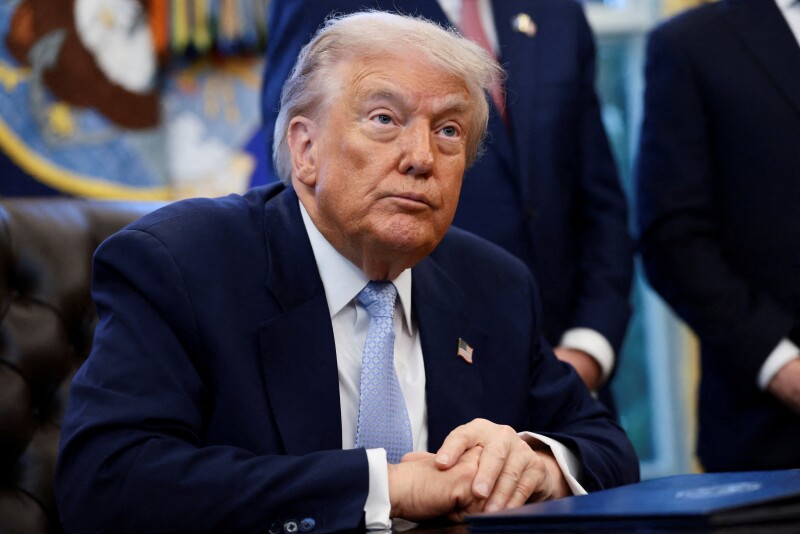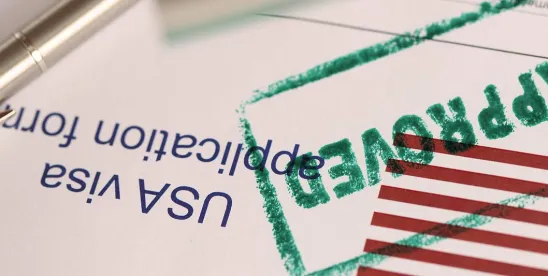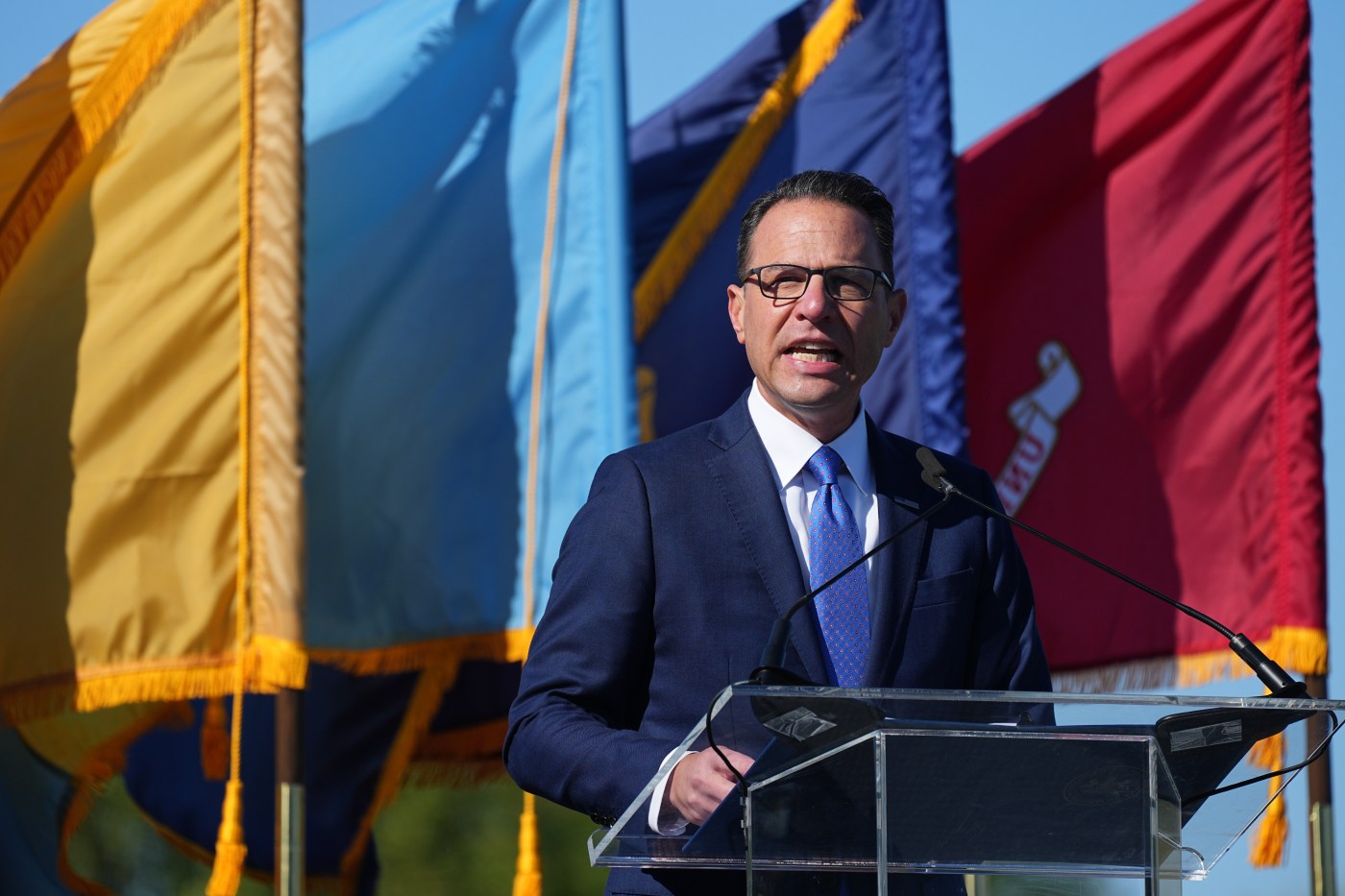U.S. President Donald Trump announced on March 10, 2023, that he is ending temporary deportation protections for Somalis living in Minnesota. This decision accelerates the termination of the Temporary Protected Status (TPS) program that originally began in 1991. In a late-night post on Truth Social, Trump stated, “Somali gangs are terrorizing the people of that great State, and BILLIONS of Dollars are missing,” though he did not provide evidence to support these claims.
Trump’s remarks labeled Minnesota as a “hub of fraudulent money laundering activity” under Democratic Governor Tim Walz. This statement appears to respond to unverified claims shared by some Republican lawmakers regarding the militant group al-Shabaab and alleged financial fraud in Minnesota. In reaction, Walz criticized the President’s approach, stating, “It’s not surprising that the President has chosen to broadly target an entire community. This is what he does to change the subject.”
The TPS program for Somalis was established by then-President George H.W. Bush in September 1991 to provide protections for individuals unable to return to their home countries due to civil conflict or natural disasters. Currently, 17 countries benefit from the program, although the Trump administration has moved to terminate TPS designations for several nations, including Venezuela and Nicaragua. Under the previous administration of Joe Biden, TPS eligibility for Somalis was extended through March 17, 2026.
According to the non-partisan Congressional Research Service, the number of Somali-born individuals with TPS status in the U.S. is just 705, in contrast to over 330,000 Haitians and more than 170,000 individuals from El Salvador who hold the same status. Most Somalis residing in Minnesota are U.S. citizens, a fact underscored by Democratic Representative Ilhan Omar, who expressed defiance against the President’s remarks. In a post on social media, Omar emphasized, “Good luck celebrating a policy change that really doesn’t have much impact on the Somalis you love to hate. We are here to stay.”
Minnesota is home to the largest Somali community in the United States. Since 1979, more than 26,000 Somali refugees have settled in the state, as reported by the Minnesota Department of Health. The ongoing civil war and instability in Somalia have driven many to seek safety in the U.S.
In response to Trump’s announcement, Minnesota Attorney General Keith Ellison stated that his office is “monitoring the situation and exploring all of our options.” He added, “Somali folks came to Minnesota fleeing conflict, instability and famine, and they have become an integral part of our state, our culture and our community. Donald Trump cannot terminate TPS for just one state or on a bigoted whim.”
Critics of Trump’s decision have expressed concern about the potential for family separations. Jaylani Hussein, executive director of the Council on American-Islamic Relations in Minnesota, described the move as disappointing, emphasizing that these individuals are legal migrants who should not be punished for political motives.
Political strategist Abshir Omar, who endorsed Trump in the upcoming 2024 presidential election, anticipated that this decision could face legal challenges. He warned that it might adversely affect the long-term economic and strategic relationship between the U.S. and Somalia, particularly as Somalia has previously offered the U.S. exclusive control of its air bases and ports and expressed interest in partnerships for oil exploration.
Trump’s announcement coincided with a report from a conservative organization claiming that al-Shabaab had improperly received funds from fraud linked to Minnesota state government. Republican Representative Tom Emmer called for an investigation into these allegations, urging U.S. Attorney Daniel Rosen to look into reports of taxpayer dollars ending up in the hands of the terrorist group.
Minnesota House Speaker Lisa Demuth, a Republican candidate for governor, stated that those involved in criminal activities should be deported if they are unlawfully present in the U.S. In contrast, Minneapolis Mayor Jacob Frey affirmed his support for the Somali community, stating, “Standing with our Somali community today. Minneapolis has your back — always.”
This development reflects the broader tensions surrounding immigration policy in the U.S., particularly as it relates to communities that have faced challenges and discrimination. As discussions continue, the impact on the Somali community in Minnesota remains to be seen.







